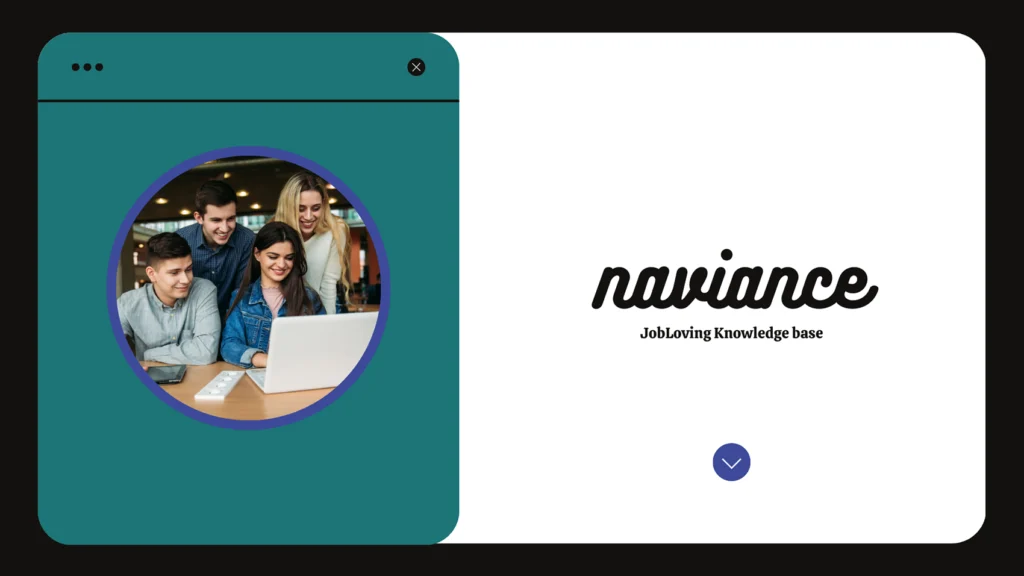Is Naviance Accurate for Your High School Data? The Truth Behind the Scattergrams
Let’s face it, the college application process is a minefield of stress, anxiety, and a whole lot of “what-ifs.” You’re bombarded with information, deadlines, and the constant fear of not getting into your dream school. And then there’s Naviance, the college planning software that promises to guide you through this treacherous landscape. But how accurate is it, really? Does it hold the key to unlocking your college dreams or is it just a fancy digital fortune teller?
The Short Answer: Naviance can be helpful, but don’t rely on it as your sole source of truth.
The Long Answer: It’s a bit more nuanced than that.
Naviance is a popular tool for high school students and counselors. It houses a wealth of information about colleges, including acceptance rates, average GPA and test scores, and financial aid data. The most talked-about feature, however, is the scattergram. It’s basically a fancy graph that plots the GPA and test scores of students from your high school who previously applied to a specific college. It’s supposed to give you a visual representation of your chances of getting in, based on your own stats.
Think of it like this: Naviance is like that friend who always tells you what you want to hear, even if it’s not entirely accurate. It might say you have a good shot at Harvard based on your GPA, but it doesn’t factor in your killer essay, your unique personality, or your compelling extracurriculars.
Here’s the thing about Naviance scattergrams:
- They’re based on historical data, which might not be a perfect predictor of future outcomes. College admissions are constantly evolving, and what worked for students in the past might not work for you.
- They don’t take into account the “soft factors” that make you, you. Your personality, passion, and unique experiences matter just as much as your grades.
- They don’t always provide a complete picture of a college’s admissions process. Some institutions might be more focused on specific majors or extracurriculars, while others might prioritize diversity or geographic representation.
Imagine Naviance as a weather app that forecasts sunny skies all the time. It might be accurate most of the time, but there’s always a chance of a storm rolling in. And in the college application world, even a small storm can disrupt your plans.
So, what should you do with Naviance?
- Use it as a starting point for your college research. Naviance can help you discover colleges you might not have considered before.
- Explore the college profiles and financial aid information. It can be a valuable resource for understanding the costs and financial aid options for different schools.
- Think of the scattergrams as a helpful guide, not a definitive answer. They can give you a general idea of your chances, but don’t let them discourage you or make you feel like you’re out of luck.
What about the other features of Naviance?
Naviance offers a variety of other tools that can be helpful for the college application process:
- College search: Explore colleges based on your interests, location, and academic preferences.
- Application deadlines: Keep track of important deadlines and make sure you’re on schedule.
- College visits: Find information about virtual and in-person college visits.
- College planning tools: Access resources to help you write your essays, build your resume, and prepare for interviews.
While Naviance can be a useful tool, it’s not a magic bullet. The key to success is to use it strategically and to supplement it with other resources.
Here are some tips for using Naviance effectively:
- Consider your individual circumstances. Your academic profile, extracurriculars, and personal goals are unique to you, so don’t rely solely on the scattergrams.
- Do your own research. Explore college websites, read college guides, and connect with current students to get a more comprehensive picture of each institution.
- Talk to your guidance counselor. They can provide personalized advice and insights based on your individual strengths and weaknesses.
- Focus on your strengths and what makes you stand out. Don’t get discouraged if your Naviance scattergrams don’t show the “green light.”
Remember, the college admissions process is a marathon, not a sprint. It takes time, effort, and a little bit of luck. Don’t let Naviance become your sole compass.
The Bottom Line: Naviance can be a useful tool for college planning, but don’t rely on it as your sole source of truth. Use it strategically, supplement it with other resources, and focus on your unique strengths and aspirations.
Need more help navigating the college application process? We’re here to help! Join the JobLoving community for support, advice, and resources to help you find the perfect college for you.

